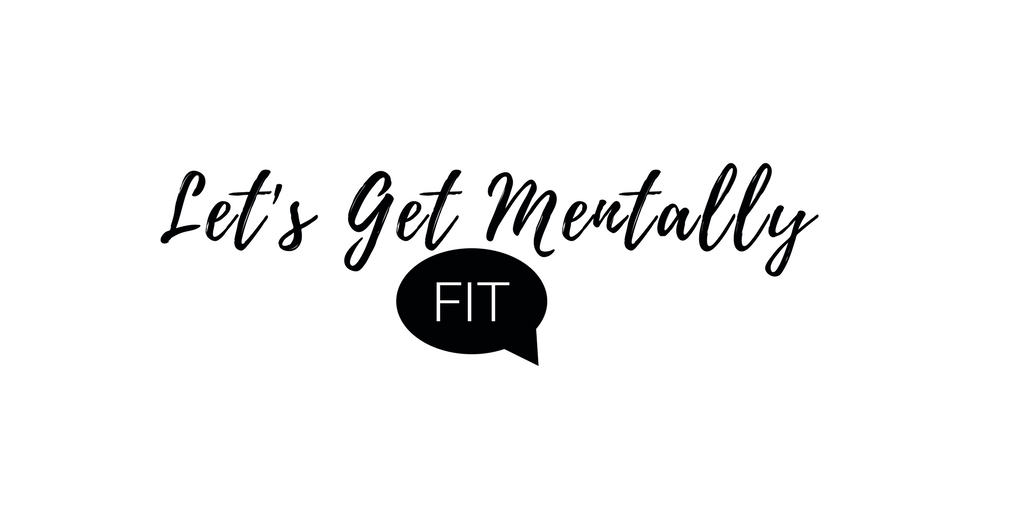 Grief can be a painful, gut-wrenching, constant lump in your throat thing to deal with. I had my first experience with grief when I lost my father at age 23 and experienced every painful, overwhelming emotion of uncertainty that comes with it. I had tons of questions. Why did he have to be taken from us at the young age of 50? Who was going to walk me down the aisle when I got married? How would I keep his memory alive for my child and future children? How would I adjust to life without him? Of course, I didn’t get the immediate answers I wanted, but somehow it helped to just ask the questions.
Grief can be a painful, gut-wrenching, constant lump in your throat thing to deal with. I had my first experience with grief when I lost my father at age 23 and experienced every painful, overwhelming emotion of uncertainty that comes with it. I had tons of questions. Why did he have to be taken from us at the young age of 50? Who was going to walk me down the aisle when I got married? How would I keep his memory alive for my child and future children? How would I adjust to life without him? Of course, I didn’t get the immediate answers I wanted, but somehow it helped to just ask the questions.
At that time, I didn’t really know how to deal with my grief. I cried a lot. I screamed a lot. I did everything I knew to try to make the pain go away, except allow myself to actually grieve. Instead, I put time limits on my grief. I found myself saying things like, “It’s been over a month. I should be over this already!” I should have been saying, “I just lost my FATHER; a very important person in my life, my protector, my comfort, my daddy!” If anyone expected me to just get over it (and there were some who did), THEY were crazy; not me.
That being said, I don’t think the experience of losing a parent compares to that of losing a child and I’ve had a couple of friends over the past few months lose their teenage children. Like me, I bet they are still asking those “why” questions, crying a lot, and screaming a lot. However, I wonder if they are giving themselves permission to grieve. I wonder if they know there is no time limit on grief. This had me questioning whether or not there is an effective way to deal with grief, so I asked our campaign psychiatrist, and she gave the following advice to help us develop a different perspective regarding grief:
“The very first step to a healthy grief process is to actually let yourself grieve. We live in a society that is uber focused on productivity and often expect 3 bereavement days from work to be enough. That’s just not fair. We have to allow ourselves to make whatever adjustments in life that are necessary to support the grief process.
Second, we have to realize that the grief process will be very different for different relationships and dependent on the type of relationship, how positive the relationship was (relationships that were hard in life are often harder in grief as well because of conflicting emotions) and the baseline coping skills of the person who had the loss.Best tips for healthy grieving are 1. Give yourself the time needed — it can take a long time 2. Get a support system — there are free ones online and lots in the community. A Google search will give a long list. 3. Get help sooner rather than later — counselors are amazing at helping people navigate grief — especially when the relationship was hard in life.You can think of grief the same way you think of a physical cut. When you are first cut, you are bleeding and the pain is at its worst. Over time, a scab forms. It doesn’t hurt all the time but if you accidentally bump against it, you feel the pain. More time passes and it turns into a scar. You look at the scar and remember what the pain was like, but you don’t have to physically feel the pain the way you did when you were first cut. A healthy grieving process is the same. Eventually, the fresh cut turns into a scar.” ~Dr. Nzinga Harrison, Campaign Psychiatrist.
